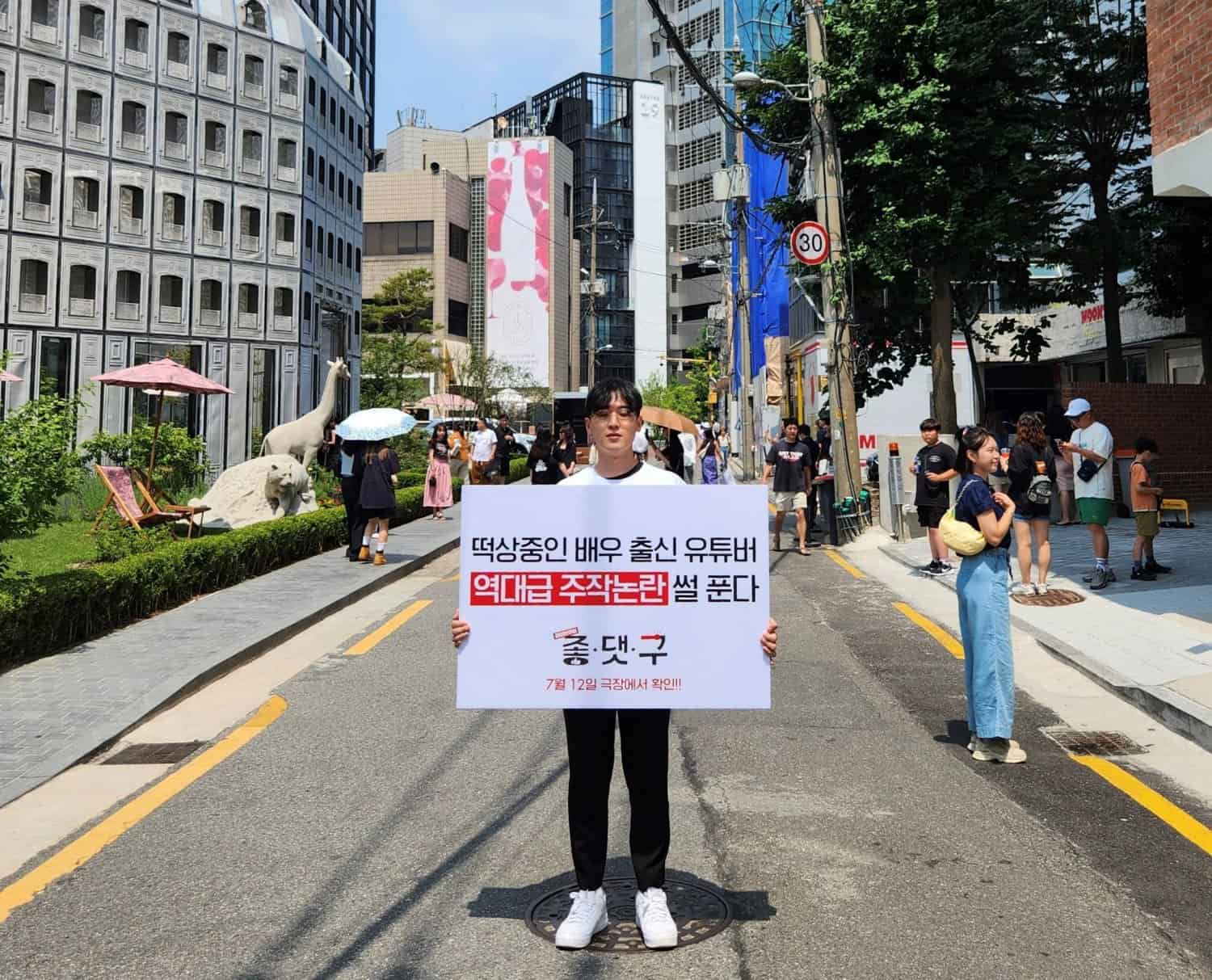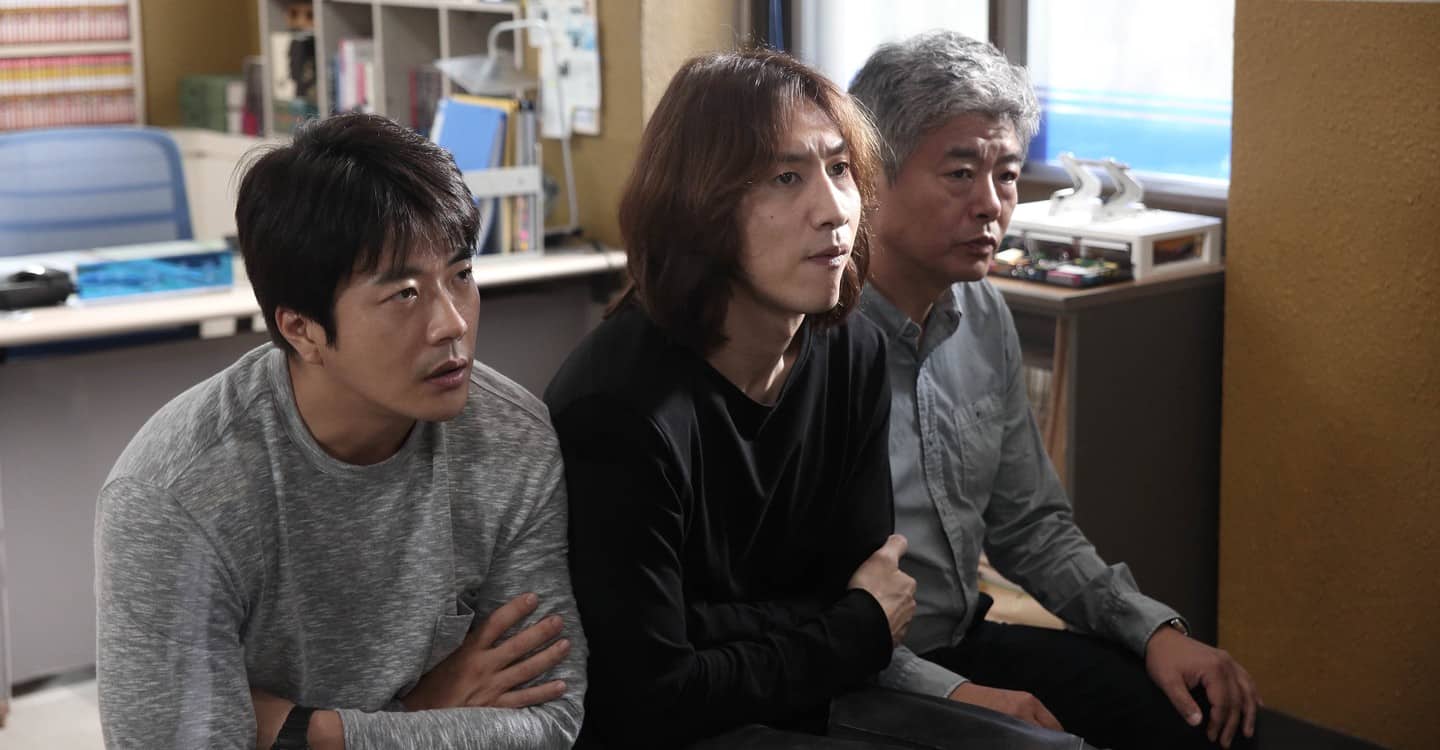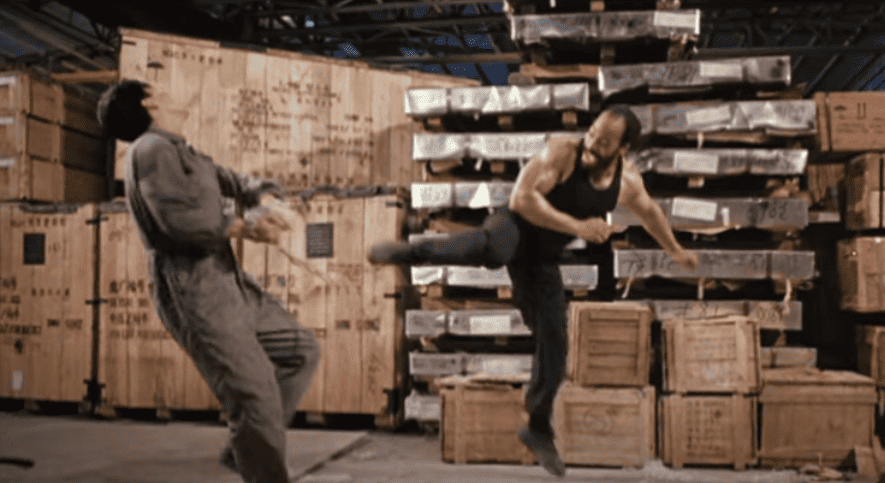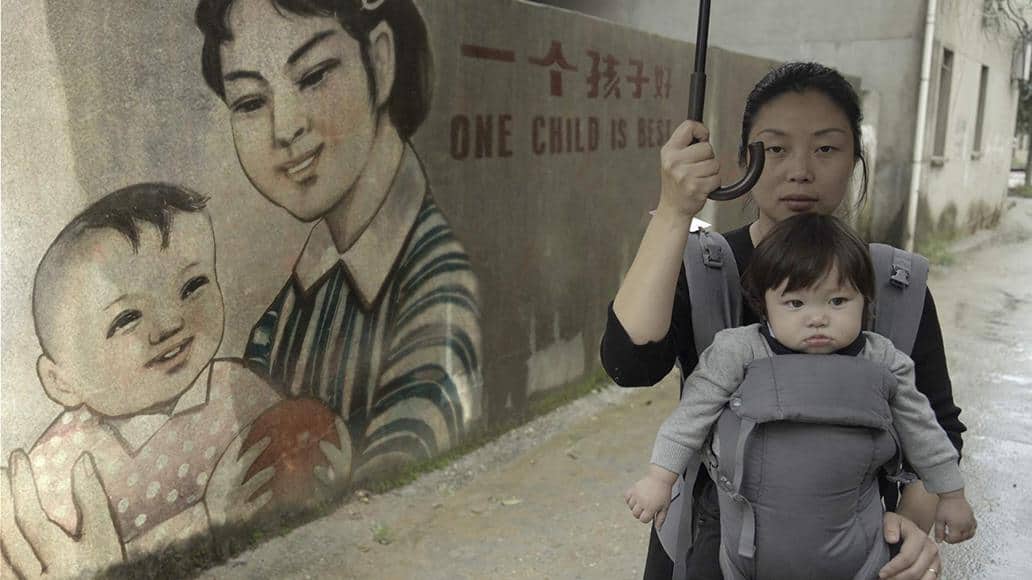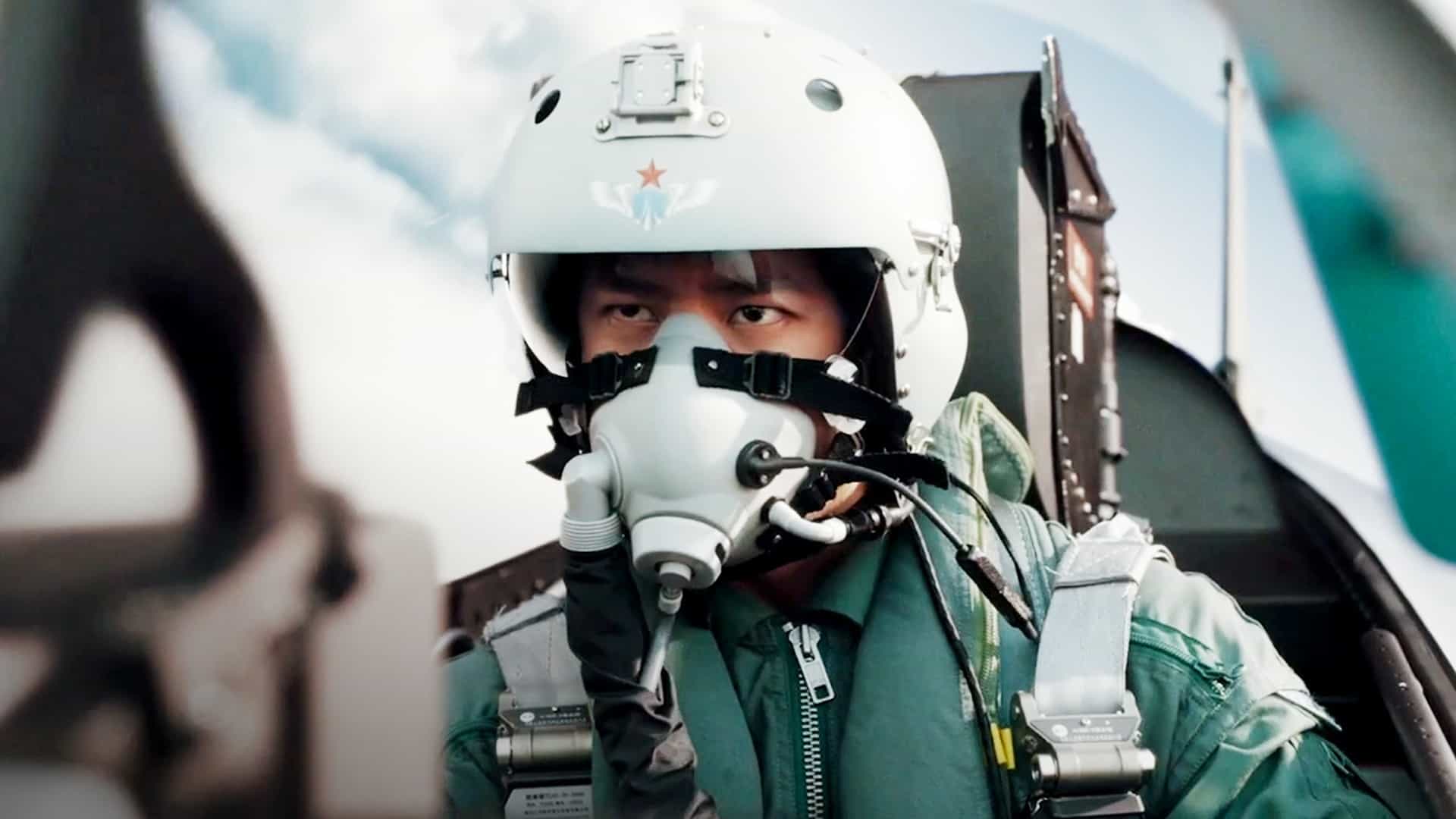If you've dated around as a young 20- or 30-something minority in a big city, then you have definitely seen “Layla” before. Amrou Al-Kadhi's feature premiered as a part of Sundance Film Festival's World Cinema – Dramatic Competition, and – with no awards – is possibly one of the most underrated films of the festival.
Here, in Al-Kadhi's bold debut feature, Palestinian drag queen Layla (Bilal Hasna) yearns for love. Even though they have carved out their niche in East London – a loving queer community that is full of affirmations, good food, and bad jokes – Layla cannot help but wonder what it must be like to date someone who fully accepts them for who they are.
Love can be found in the most innocuous of places, however, which Layla realizes when they make eye contact with a sharply-dressed man at a corporate Pride event. After they step off-stage and formally meet Max (Louis Greatorex), the tectonic plates of Layla's world seem to shift. It is simultaneously both the best of times and the worst of times: Max is both the boy of Layla's dreams and everything they've put behind them; Max accepts Layla for all that they are, but also sees them only in compartmentalized parts. This stress only builds when Layla returns home, where we learn that they are not out of the closet to their traditional, Arab parents. Unconditional acceptance, Layla must learn, begins from within.
The search for external approval may seem predictable, perhaps even cliche, for the premise of a queer love story. However, this is precisely the strength of Al-Kadhi's story. The stomach-churning dread stems precisely from the fact that we know how the story ends. The red flags are subtle, yet stark; Al-Kadhi captures both the insidiousness and the allure of an all-consuming crush. This especially comes through in the script, where sometimes, the dialogue feels a little too close home. For each confused exchange about Layla's gender identity to their personal anxieties, viewers are tipped off about the many kind – but misguided – attempts to bridge two diametrically opposed individuals in an interracial, queer relationship.
The magic only happens, of course, through the dazzling cast on-screen. Layla and Max's relationship only works because of the palpable chemistry between Bilal Hasna and Louis Greatorex, to the point in which watching the two almost feels like an invasion of privacy. Their intimate moments are only interrupted by the occasional kneejerk reaction for humor. As if forcibly releasing tension from the gravity of their situation, Al-Kadhi writes in peculiar details to make audiences chuckle (or at least, raise an eyebrow). Max, for example, harbors an uncomfortable fascination with octopuses; the two talk about a dream about Gordon Ramsay in bed; Layla's close circle fixate upon a Harry Potter reference.
But perhaps these awkward inserts are more a function of British humor than anything else. They ultimately do not distract from the sheer pleasure that is “Layla,” because there is so much more sumptuous detail. Al-Kadhi spins us through the aesthetic pleasures of Layla's many worlds, sparing no expense on the film's wardrobe, set, and music budgets. Layla and their friends consistently don luscious wigs and vibrant fabrics both on and off the dance floor; Max's apartment is decked out in luxurious neutrals. The variegated soundscape similarly consistently entertains the ear, with its mix of pop tracks, darbuka dance, and ambient sound.
Should you have the chance to catch the film, “Layla” is sure to be a good time. The explosive feature captures the heart-stopping anxiety of an extraordinarily mediocre relationship, all the while exploring the intricacies of codeswitching on the lines of sexuality and culture. In other words, Al-Kadhi hits all the marks: from script to cast to costume, “Layla” is a delectable spectacle, offering up a joyous assortment of sensorial delights.
“Layla” will open the BFI Flare Film Festival on 13 March, marking its European premiere. You can find more details here.





